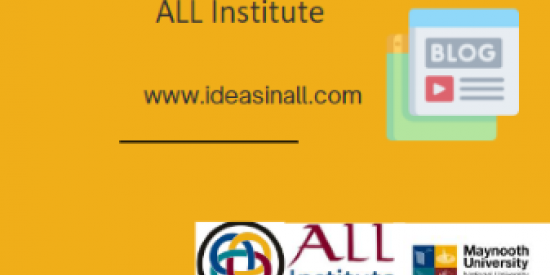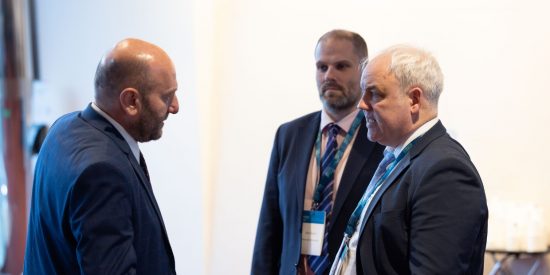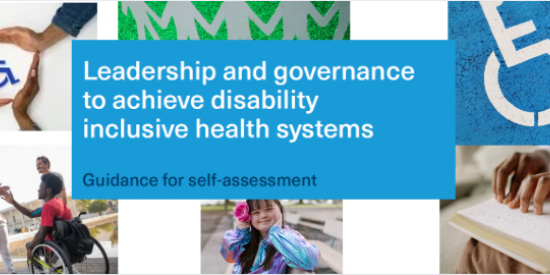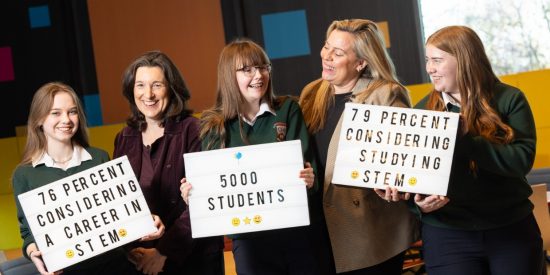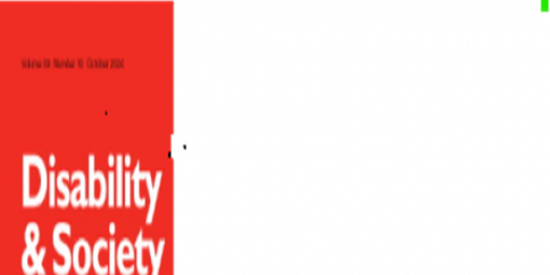
New research published by Maynooth University and Ulster University has found that young people who live on both sides of the border in Ireland are exposed to extremely high levels of gambling marketing when viewing some national and international sporting events.
The report also finds that traditional advertising is only a small part of the marketing strategy around sporting events. Companies increasingly use social media video highlights to draw young people into gambling promotions.
The project examined the exposure of young people (aged 14-24) on the island of Ireland to gambling marketing content while consuming their favourite sports on television and social media, and the marketing strategies used by sports and gambling companies through these media channels to promote their services.
Young people, including children under 18 years, are accessing this content on television but increasingly, and repeatedly over time, via social media on their mobile phones. They are consuming and sharing sports highlights and sports information across a range of social media apps, and this includes gambling marketing content. This is in addition to gambling marketing on billboards and shops in towns, villages and cities throughout the country.
The research also found that gambling marketing saturation varies considerably across sports, channels and platforms. Gambling marketing was most prevalent in darts and horseracing television programmes, which was broadcast at all times of the day both on television and social media. Other sports in the report’s sample showed much lower levels of gambling advertising. Further, gambling marketing rarely employs female sports celebrities and does not target women’s sports.
Advertising is only a small part of gambling marketing which includes the production of a range of implicit marketing and social media content designed for sharing online. These strategies include paid partnerships with sports celebrities and social media influencers. Young people are thus increasingly exposed to gambling marketing in a variety of formats on their social media platforms when consuming their favourite sports, according to the report.
Professor Aphra Kerr, Adjunct Professor of Sociology, Maynooth University, said: “Some sports programmes on television have so much gambling marketing in them that they should be labelled sponsored programmes. If we are serious about introducing a public health approach to gambling, and we want to protect the integrity of sport, then media companies and sports organisations must remove their reliance on revenues from gambling marketing and gambling related content.”
Most gambling marketing content minimises gambling harms, and while labels urging responsible gambling may exist online, they are often obscured or so small as to be illegible, the report finds. Sports programmes on television can be saturated with gambling branding but have no gambling warnings at all in the programme.
The report observes that young people are being provided with a very unbalanced view of gambling since most of the communications they receive downplay the risks and harms, and there is little counter-messaging available. As a result, young people see harm as an individual issue and have little or no understanding of the social harms that gambling can cause.
The research concludes that certain male sports programmes are saturated with gambling marketing, and young people who consume these sports are exposed to these promotions both on television and on an ongoing basis via social media.
Professor John O’Brennan, Department of Sociology, Maynooth University said: "The report demonstrates the extent to which the 'gamblification' of sport has engulfed young people in both jurisdictions in Ireland. They are being saturated with highly targeted social media marketing by gambling companies and we can see the impact of this in a significantly higher propensity for harmful gambling among young men in particular.
Current gambling regulations and approaches in both jurisdictions are ineffective in limiting the exposure of young people to gambling marketing, and its frequency, when sports and media organisations are willing to carry them. Further, the health and community benefits of sport are seriously undermined if those sports are reliant on gambling marketing or gambling revenues.
Dr Paul Kitchin, Senior Lecturer in School of Sport and Exercise Science, Ulster University, Belfast, said: “Our research reveals the extent of gambling marketing on the island of Ireland and crucially how young people are exposed to this and how it shapes their perceptions of gambling and its apparent symbiosis with sport. This is concerning for all involved in sport on this Shared Island.”
The research makes the following six policy recommendations:
1: Governments in Ireland and Northern Ireland need to legislate to curtail the volume, frequency and timing of gambling marketing.
2. Regulations need to also cover the content of gambling marketing.
3. Sports organisations that receive state funding, should be required to eliminate their reliance on gambling marketing at all sporting events venues, and especially from areas visible in broadcast programmes.
4. Professional broadcast and social media practice guidelines need to be updated to recognise gambling as a public health issue and to remove gambling marketing references from live and sports highlights programmes before 21.00. They should be required to display gambling warnings if carrying gambling marketing in sports programmes.
5. Gambling marketing regulation requires a cross departmental (justice, health, sport, education) and a shared UK and Ireland approach.
6. The gambling levy in both jurisdictions needs to be used to fund a public health and education campaign focussed on 1) prevention and awareness of both individual and societal gambling harms, 2) to provide publicly funded treatments (including specific treatment programmes for young people), and to 3) fund research on the island of Ireland. Specific attention needs to be paid to promoting the awareness of gambling harms among young men.
Full report is available open access here
Please direct all enquiries to [email protected]
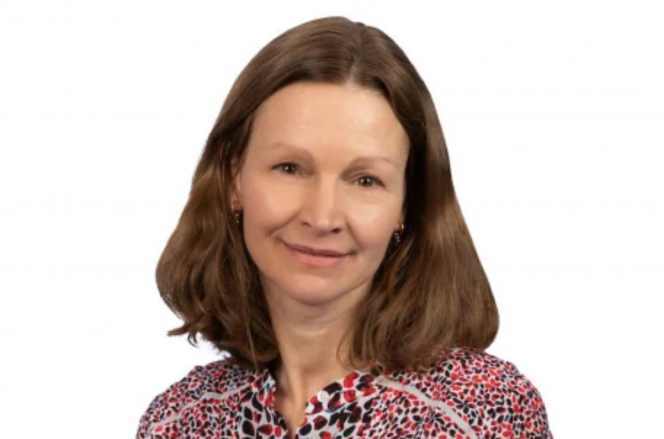 |
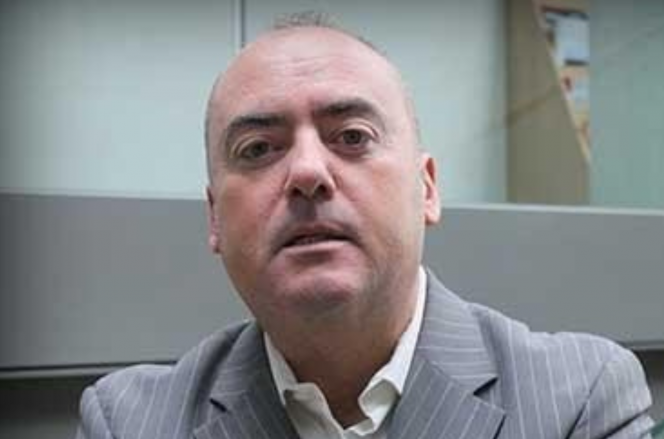 |



